
On 28 June 2023, Dr. Waraporn Saelee, an outgoing AFSIS manager, signed and handed over the position of AFSIS manager to Dr. Sumanya Ngandee, who will perform as a new AFSIS manager starting on 30 June 2023. The ceremony took place at the AFSIS Secretariat office, Innovation Building, Office of Agricultural Economics.
On this occasion, Dr. Waraporn informed the objectives of the AFSIS project, as well as explained the responsibilities of AFSIS, which focus on two aspects: Human Resource Development and Food Security Information Development, and also the AFSIS future workplan to Dr. Sumalaya. During the ceremony, gratitude was expressed to Dr. Waraporn for the success of the AFSIS project in previous work. Additionally, congratulations were extended to Dr. Sumanya on receiving the position of AFSIS manager in this instance.
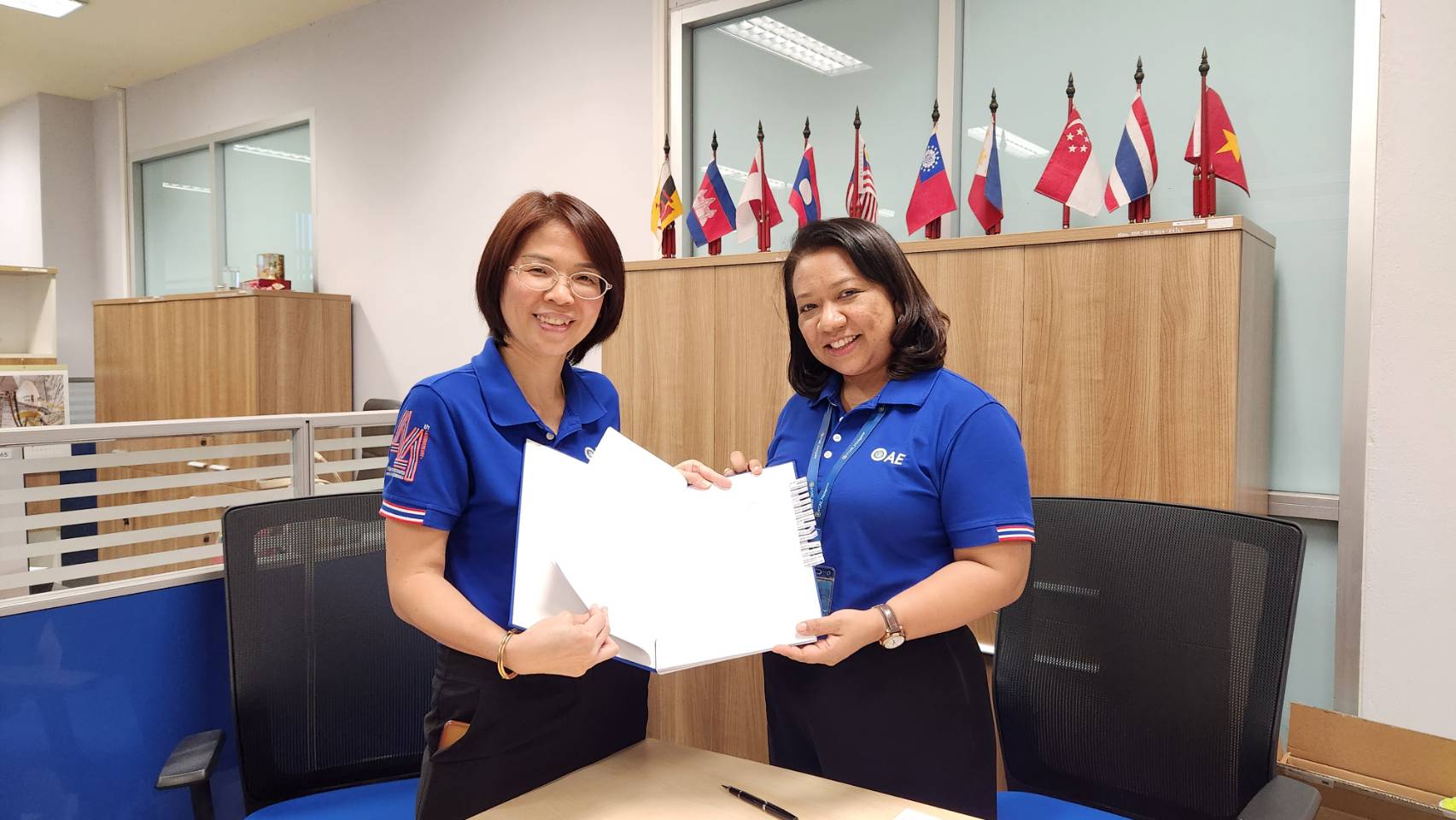
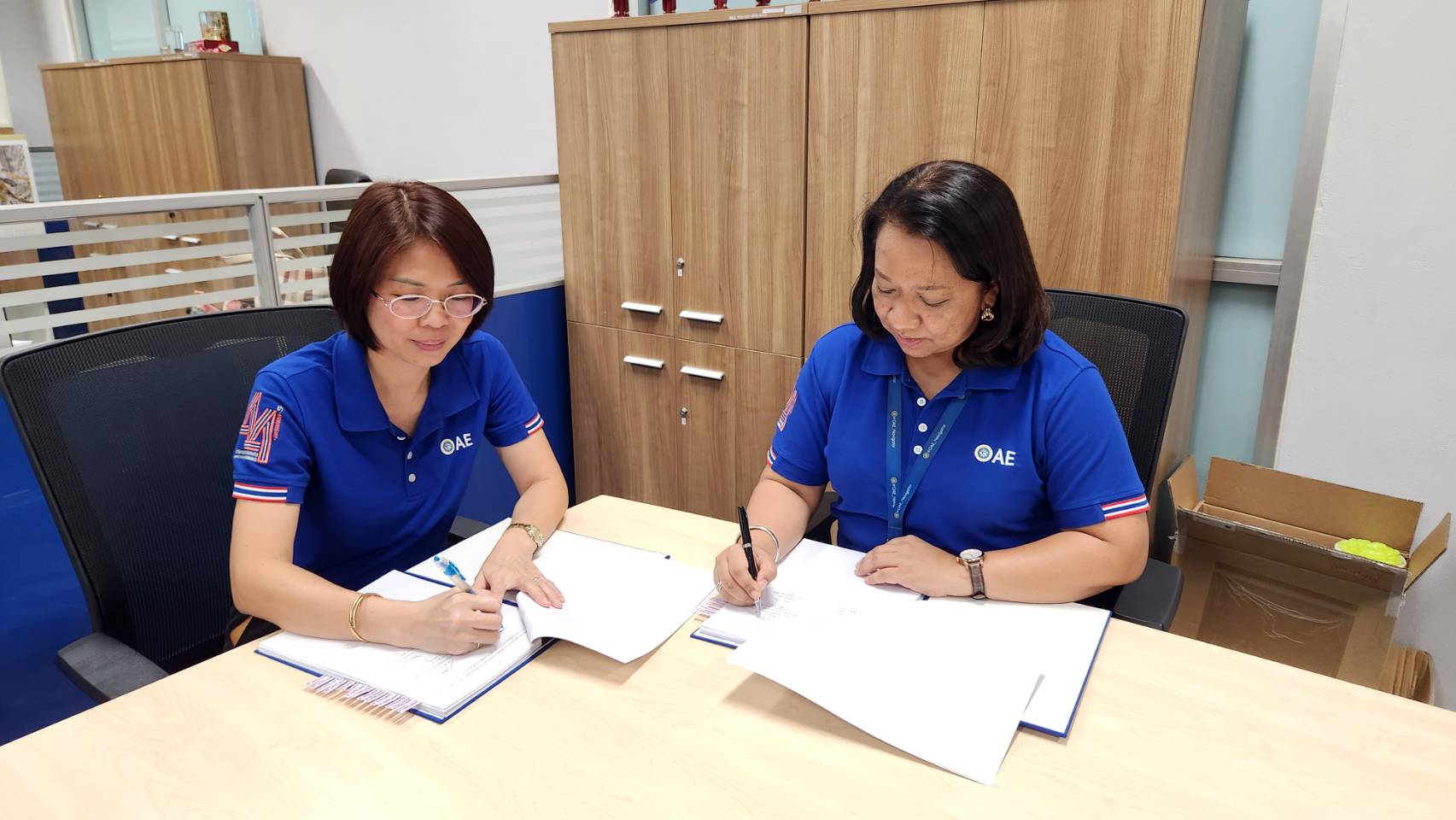
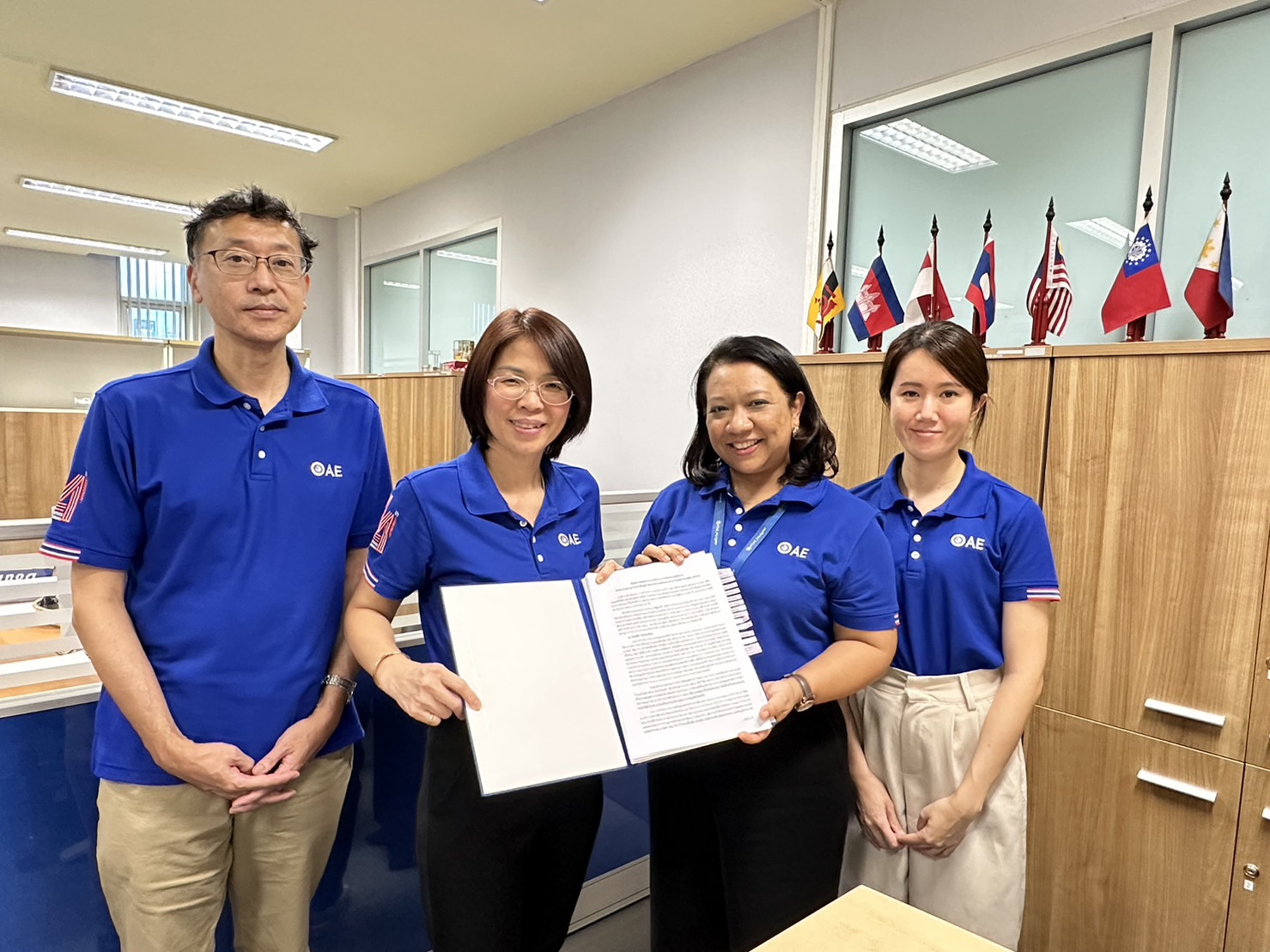
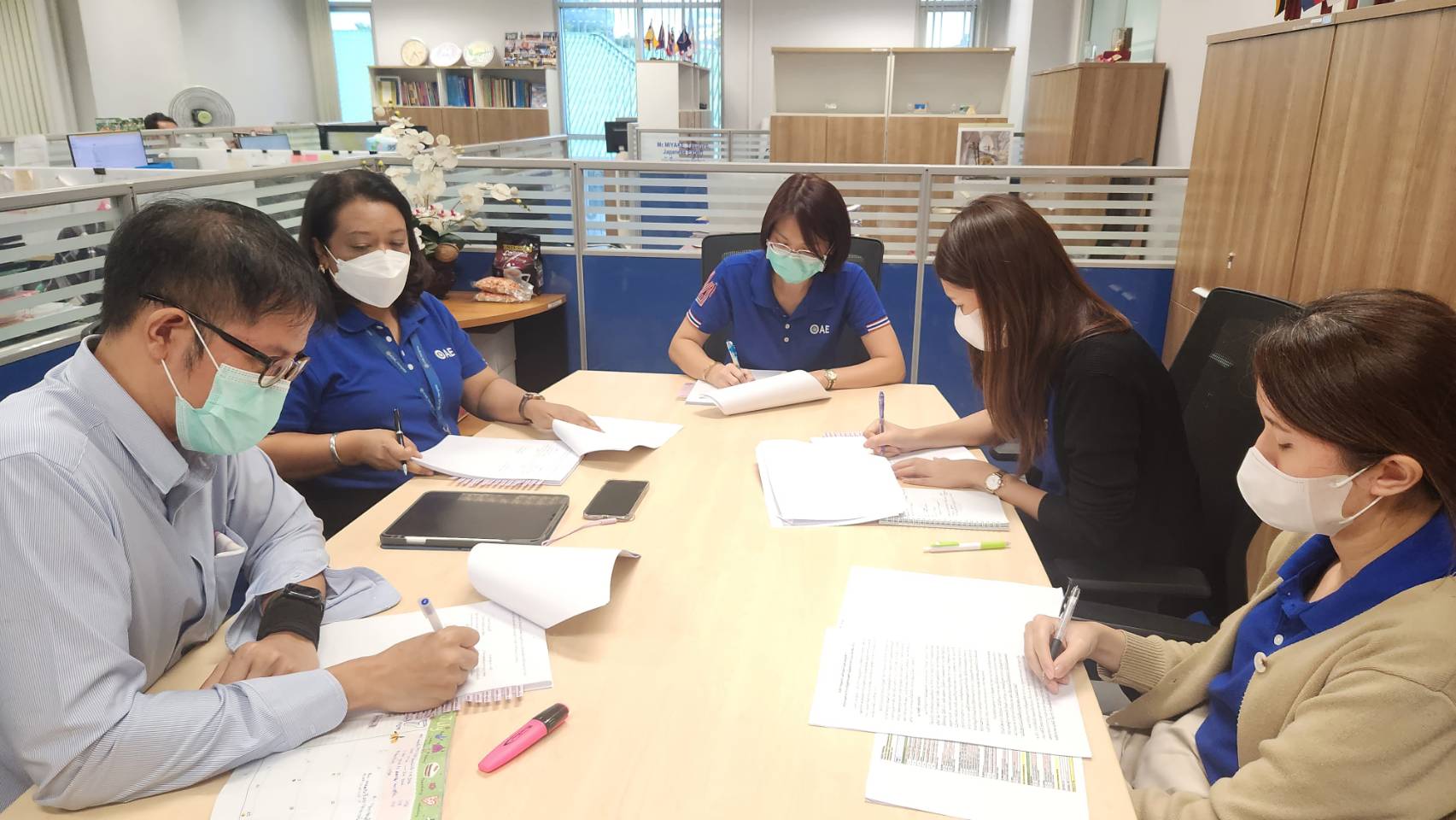
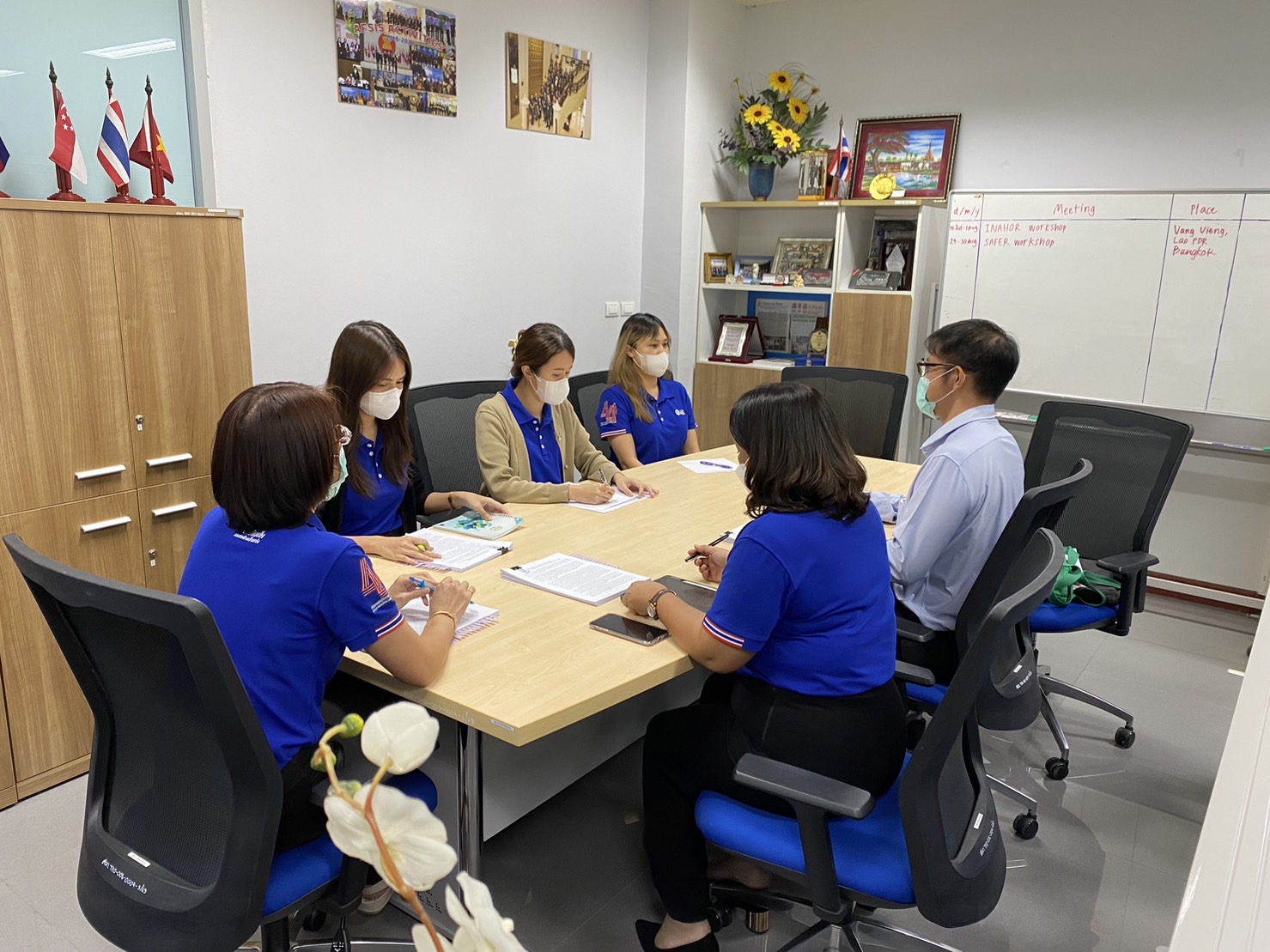
.jpg)
On 13–15 January 2026, the Office of Agricultural Economics (OAE), Thailand, in collaboration with the Ministry of Agriculture, Forestry and Fisheries (MAFF), Japan, and the AFSIS Secretariat, conducted the 1st Meeting of Japan–Thailand Expert Dialogue on Agricultural Statistics. The meeting was held at the Office of Agricultural Economics and field survey activities in Chonburi Province.

On 3–4 December 2025, the ASEAN Food Security Information System (AFSIS) Secretariat participated in the ASEAN Plus Three Emergency Rice Reserve (APTERR) Table Top Exercise (TTX) held in Bandar Seri Begawan, Brunei Darussalam.
/LINE_ALBUM_KRC_Cambodia_251204_13.jpg)
AFSIS and Development of Human Resources" in Cambodia On 27 November 2025, Mr. Charapon Chantorn, Deputy AFSIS Manager, participated in the Completion and Handover Ceremony of the project “Establishing the Real-Time ASEAN Food Security Information System (AFSIS) and Development of Human Resources, Phase 3 – Pilot Project on Strategic Crop Forecasting System for Food Security in Cambodia.” The ceremony was held in Phnom Penh, Cambodia, and jointly hosted by the Ministry of Agriculture, Food and Rural Affairs (MAFRA) of the Republic of Korea, the Ministry of Agriculture, Forestry and Fisheries (MAFF) of Cambodia, and the Korea Rural Community Corporation (KRC).

AFSIS Participated in APRSAF-31 to Strengthen Space Technology Cooperation for Regional Food Security On 18–19 November 2025, in Cebu City, the Republic of the Philippines, the ASEAN Food Security Information System (AFSIS) Secretariat, represented by Mr. Charapon Chantorn, Deputy AFSIS Manager, participated in the 31st Asia-Pacific Regional Space Agency Forum (APRSAF-31). The Forum, a key platform for promoting regional cooperation in space technology across the Asia-Pacific region, was co-organized by the Philippines Space Agency (PhilSA), the Ministry of Education, Culture, Sports, Science and Technology (MEXT) of Japan, and the Japan Aerospace Exploration Agency (JAXA).